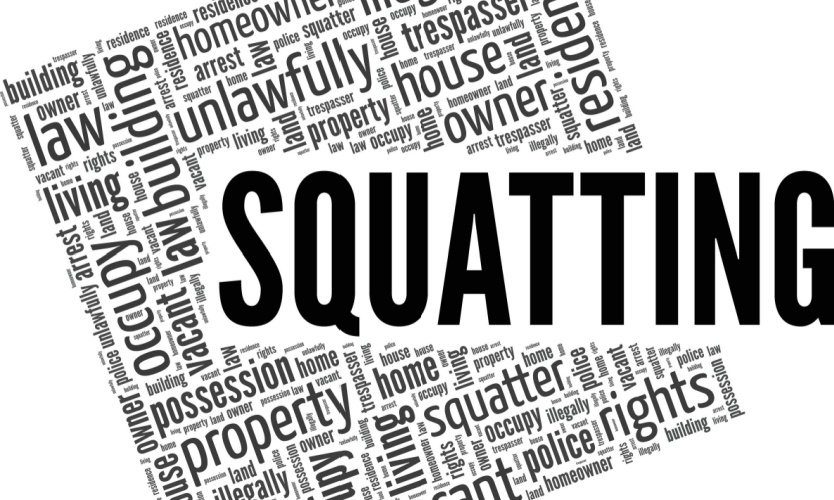Squatting poses significant risks for property owners
- August 19, 2025
- Posted by: Web workers
- Category: Finance

As proposed laws to protect property owners from squatters advance in state legislatures, insurance experts warn that squatting can lead to significant financial losses, including legal costs, lost rental income, and property damage.
Commercial property insurance policies cover physical damage caused by fire and vandalism, but coverage may be limited for vacant properties, they say.
The risk has prompted a wave of legislation recently introduced in numerous states, including Maryland, Mississippi and Montana, giving property owners faster legal recourse to deal with squatters, and some would establish criminal charges for squatting. These efforts follow laws passed in Florida, New York and other states last year.
Several pending bills focus on commercial property, including H.B. 216 in Tennessee, which would create a legal process for property owners to request the immediate removal of an unlawful occupant.
Duncan Ellis, Marsh LLC’s U.S. and Canadian real estate and hospitality industry practice leader, said squatting is often a hidden issue that property managers and insurers don’t discuss.
Squatters can be tenants who stop paying rent and then refuse to leave or people who move into vacant properties and “set up shop,” he said.
The problem worsened during the pandemic when eviction rules and regulations were relaxed in favor of squatters, Mr. Ellis said. “You can’t toss someone out of a building. You have to wait and then get in line in the court system,” he said.
Motels and multifamily residential properties, in addition to single-family homes, are among the properties at risk, brokers say.
High-profile cases include several vacant Hollywood Hills mansions that squatters took over last year. A lack of affordable housing and high rents recently led squatters to target a hotel in Mallorca, Spain, and a London hotel and pub leased by celebrity chef Gordon Ramsay last year were taken over by squatters, according to news reports.
Squatter issues arise in habitational real estate properties, particularly in low-rent apartments where there may be no onsite management, said Barry Whitton, managing director at Burns & Wilcox Brokerage in Atlanta.
Property policies respond to losses arising from direct physical damage, such as vandalism and theft, “but there’s really nothing within the property policy terms themselves that can assist the property owner in displacing those squatters,” Mr. Whitton said.
Squatting is a regional problem, said Matthew Cox, Los Angeles-based real estate practice leader at Heffernan Insurance Brokers.
In markets in the West, such as California, demand is higher than ever for rental properties, which has led to extremely low vacancy rates; in the South and Midwest, vacancies in multifamily properties are much higher, Mr. Cox said.
“We’ve seen claims where squatters have taken over properties, requiring landlords to go through the legal process to remove them. This often results in property damage claims for any harm caused during their stay,” he said.
Budget hotels and multi-family properties are more prone to squatting due to their transient nature, Mr. Ellis said. Vacant properties, especially REO (real estate owned) properties that have been foreclosed on and are owned by lenders, are also at risk, he said.
On a schedule of properties, insurers will view REOs as riskier because they are often not well-maintained or secured, Mr. Ellis said. As the number of REO properties in the portfolio increases “that could impact the capacity they’re going to provide on your program and pricing,” he said.
Insurers will cover vacant property, but they want to know whether a building is heated during winter, whether security checks the premises, if it is gated or locked, and if the area is well-lit, Mr. Whitton said.
Vacancy provisions in commercial property policies may restrict coverage after 60 days, and insurers generally define a building as vacant if it has less than 31% occupancy by square footage. If policyholders fail to notify insurers a building is vacant, there could be no coverage at all, Mr. Whitton said.
“It’s always best to prevent a loss than count on insurance,” Mr. Cox said. Risk management strategies such as installing security cameras, having adequate lighting, onsite security and maintaining property appearance can deter squatters, he said.



